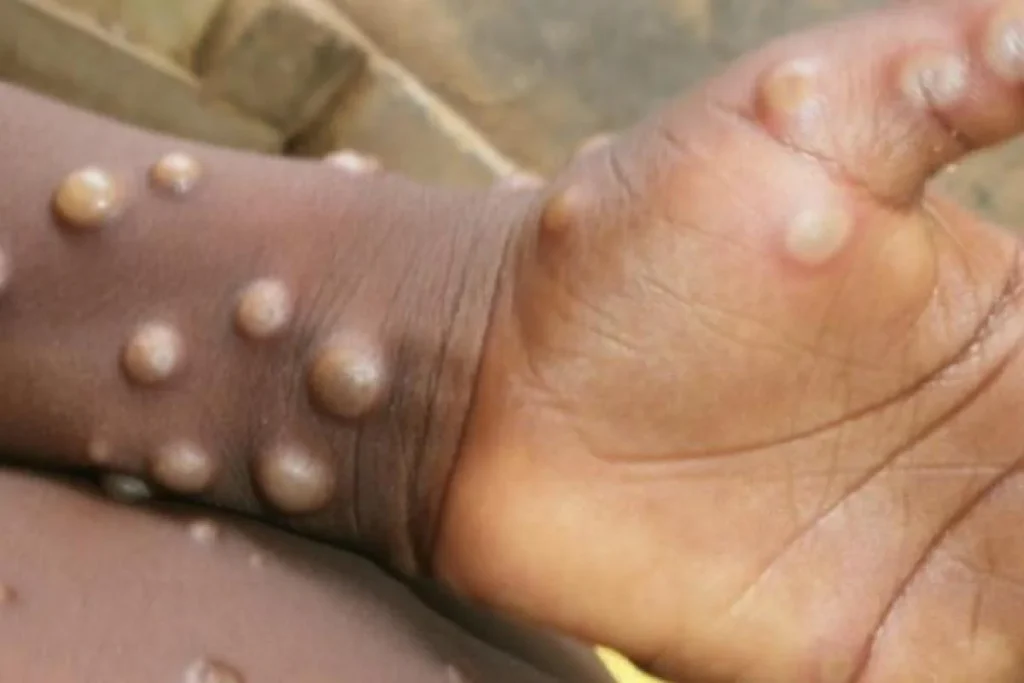
The Africa Centres for Disease Control and Prevention (Africa CDC) has announced that a critical decision regarding the continuation or suspension of Mpox’s status as a public health emergency will be made on May 17.
The decision will be determined by the agency’s Emergency Consultative Group (ECG).
The director-general of Africa CDC, Dr. Jean Kaseya disclosed this during the agency’s weekly media briefing, held virtually on Thursday.
Africa CDC had declared Mpox a Public Health Emergency of Continental Security (PHECS) in 2024, marking the first such declaration in the agency’s history since its establishment in 2017. The designation empowered the continental health body to coordinate Africa-wide responses, enhance resource mobilisation, and strengthen public health infrastructure, including laboratory testing, surveillance and the protection of healthcare workers.
The declaration came in response to a rapid spike in Mpox cases reported in at least 12 African countries, including Burundi, Kenya, Rwanda and Uganda. In 2024 alone, the continent recorded 2,863 confirmed cases and 517 deaths, the majority of which occurred in the Democratic Republic of the Congo (DRC). Suspected cases have surpassed 17,000.
Kaseya said the May 17 outcome would inform the implementation of Mpox Response Plan 2.0, a new phase in the continental strategy to contain the virus. “We are not saying it’s the end of Mpox,” he clarified. “We’re saying we need to do things differently, based on science and operational realities.”
Highlighting progress in the fight against Mpox, he noted a nearly 50 per cent reduction in infections among healthcare workers from November 2024 to January 2025, attributing the improvement to stricter infection prevention and control (IPC) measures.
“If we don’t protect ourselves, we’re not protecting the community,” Kaseya emphasised. “Healthcare workers are a critical line of defence, but they can also be a source of transmission if exposed. Their absence weakens our overall ability to respond.”
Kaseya also addressed reports regarding customs fees hindering vaccine imports, stating the issue had been resolved. “The notion that customs fees are being applied to vaccines is incorrect. I’ve personally requested the Minister of Finance to issue a formal letter confirming a full waiver for all vaccine imports related to the Mpox response,” he said. “This matter is now closed, and I encourage the media to help communicate that.”
He added that the response is being further reinforced through extensive contact tracing and the continued efforts of the Incident Management Support Coordination (IMSC) team based in the DRC.
Kaseya also emphasised broader public health goals for the continent, including improved health financing, investment in local vaccine manufacturing and the integration of innovation and technology into disease response frameworks.
“We are forming a high-level committee to work with Africa CDC on our three-pillar strategy,” he said. “Innovation is essential. As discussed in Abu Dhabi, the application of artificial intelligence in health must begin now. We are already laying the groundwork.”
He called on governments, stakeholders and the media to collaborate toward a stronger, self-reliant health security agenda for Africa.
It will be recalled that on February 25, 2025, the ECG – chaired by Prof. Salim Karim – recommended the continuation of Mpox’s emergency status due to the rise in cases, its expansion to new countries and the emergence of a more transmissible variant. That recommendation followed a comprehensive review of the outbreak and underscored the need for continued vigilance and strategic intervention across the continent.

